A survey conducted by the country’s health services department has revealed Taita Taveta County is facing a shortage of condoms and antiretroviral drugs in both public and private hospitals.
The survey was conducted following a surge in teenage pregnancies that were reported to have reached substantial proportions numbering up to 2000.
According to County Executive Committee Member in charge of health services John Mwakima, the scarcity of the two has contributed to the spike in early pregnancy numbers in the county.
He said the county started experiencing the shortage at the beginning of the year as the height of the COVID-19 pandemic.
“This came about during the start of this year, we are running low on condoms and also running low on ARVs,” said Mwakima.
Read More
Mwakima was speaking at the Voi Youth Offices after chairing a quarterly County HIV meeting.
A national human rights organization based in Mombasa working to improve livelihoods and enhance the progressive realization of human rights in Kenya called Haki Africa raised concern months ago with the health department denying the shortage of ARVs.
An ugly tax row between the US government and the Kenya Revenue Authority (KRA) that saw a consignment of ARVs that arrived in January get held at the Mombasa occasioned the shortage.
An officer from Haki Africa named Alex Mbela said people living with HIV/AIDS had to make alternative arrangements to access ARVs and that came at a higher cost.
“I already had been told that the HIV patients are suffering and personally I know of one who was forced to go to a private facility to get the drugs at a cost that is hefty, the county has to do something,” Mbela said.
The situation comes at a time when the county of Taita Taveta owes Kenya Medical Supplies Authority (KEMSA) over SH60. This has affected the supply of drugs to the county.
As part of mitigation measures, the county has partnered with various stakeholders to curb manage the current situation. Among them is youth sensitization that addresses the matter of rising teenage pregnancies.
“As a department, we are trying to put up measures to curb this predicament we are also trying to reach out to other stakeholders to see how they can help us because people are suffering,” said Mwakima.

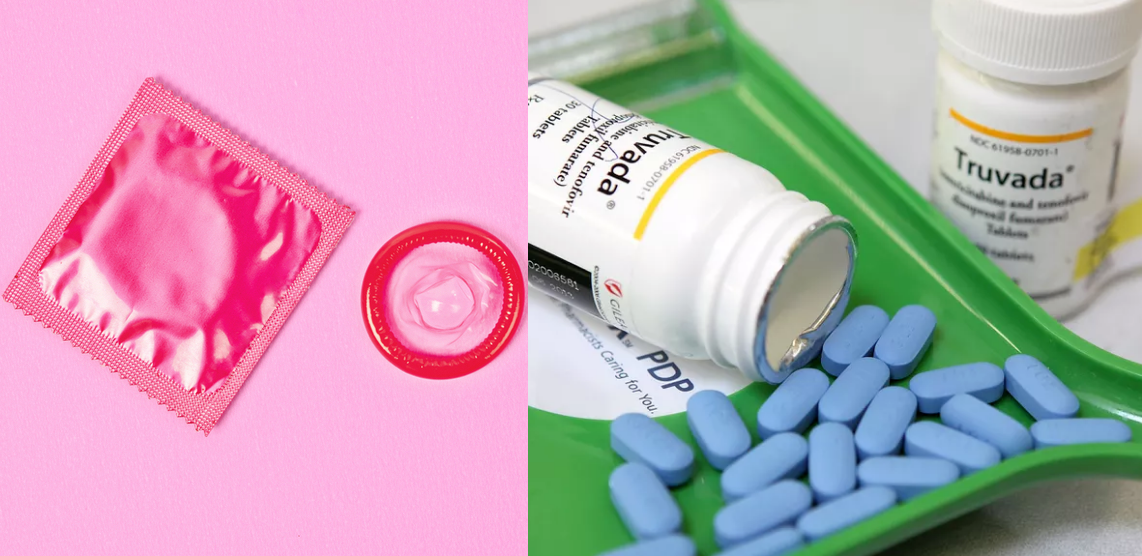
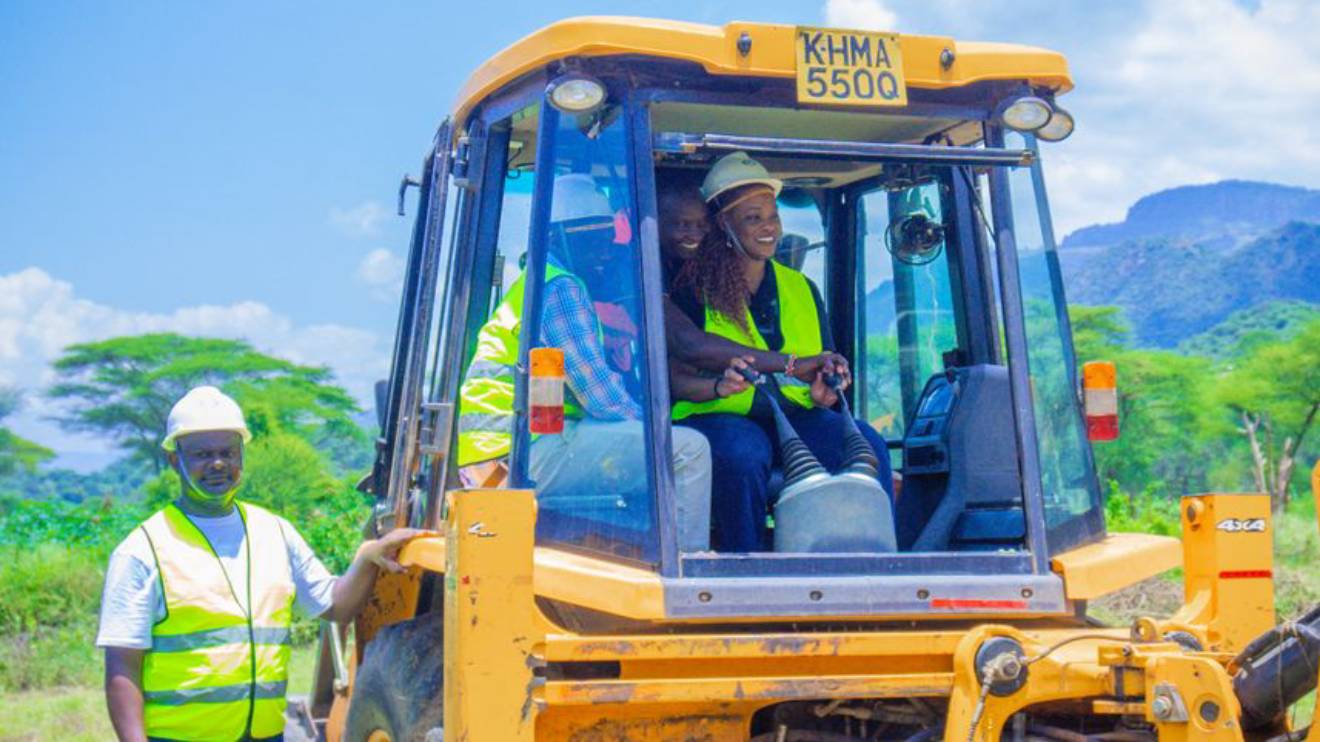
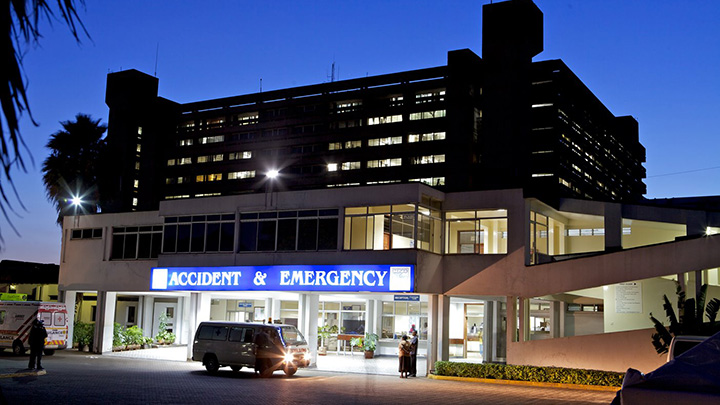
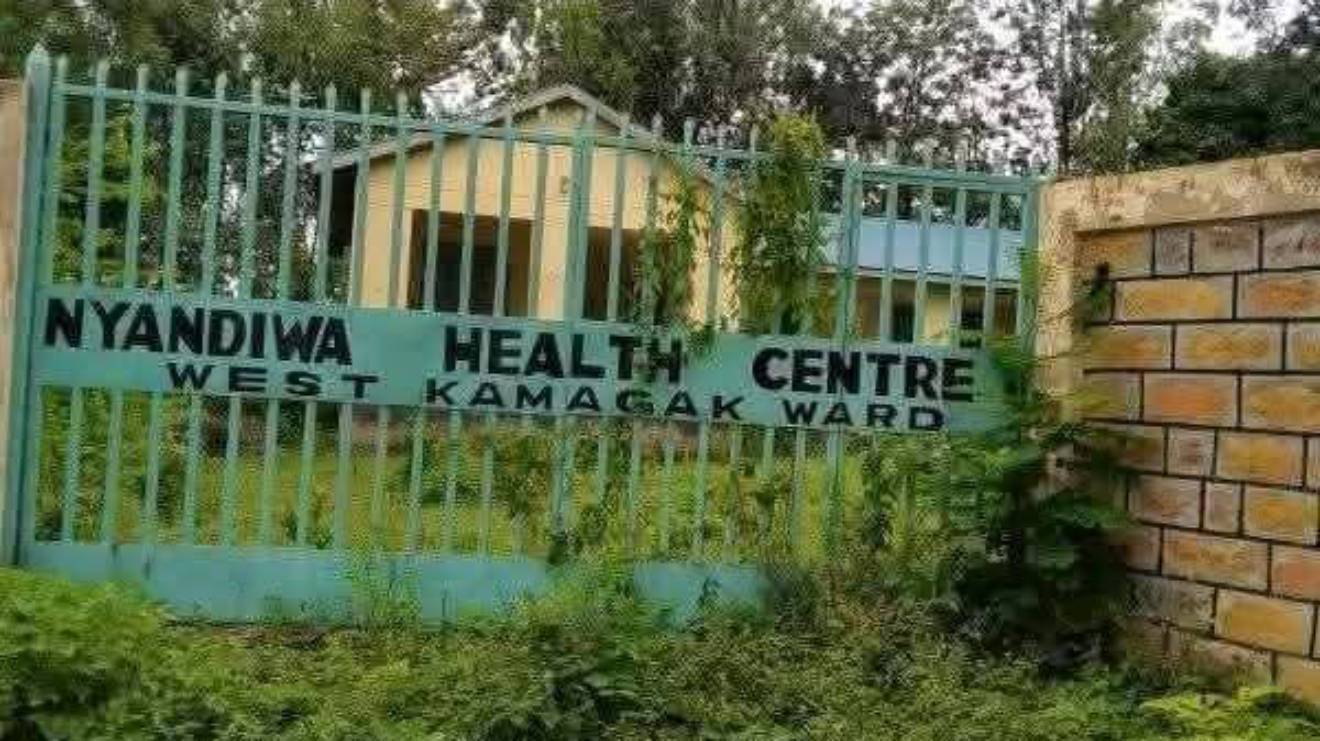
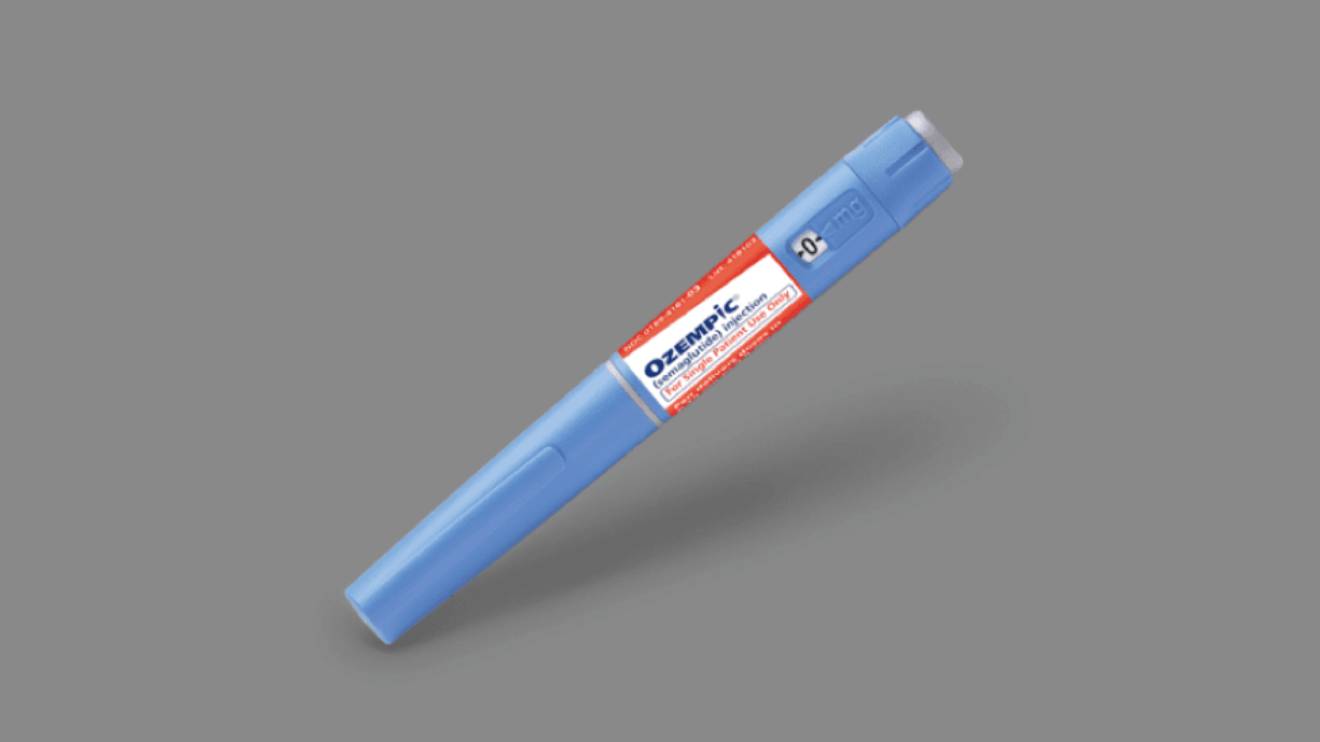
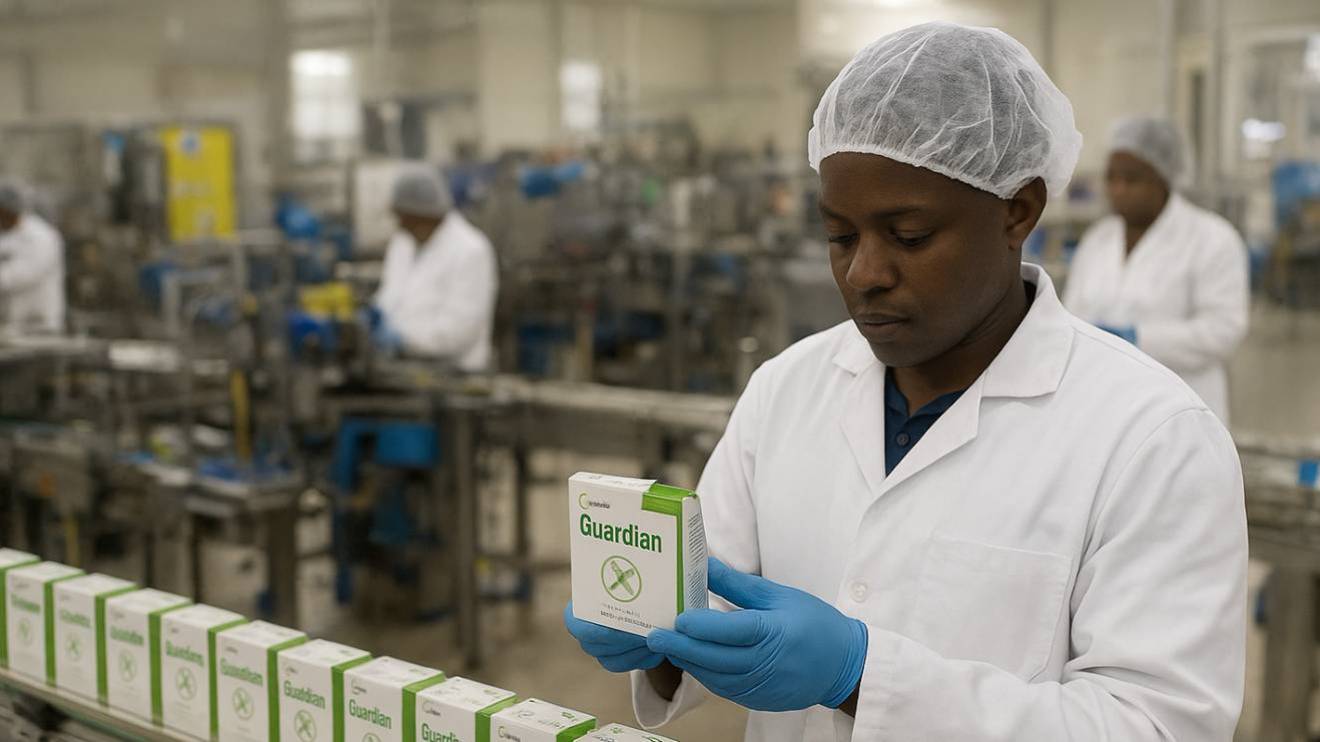
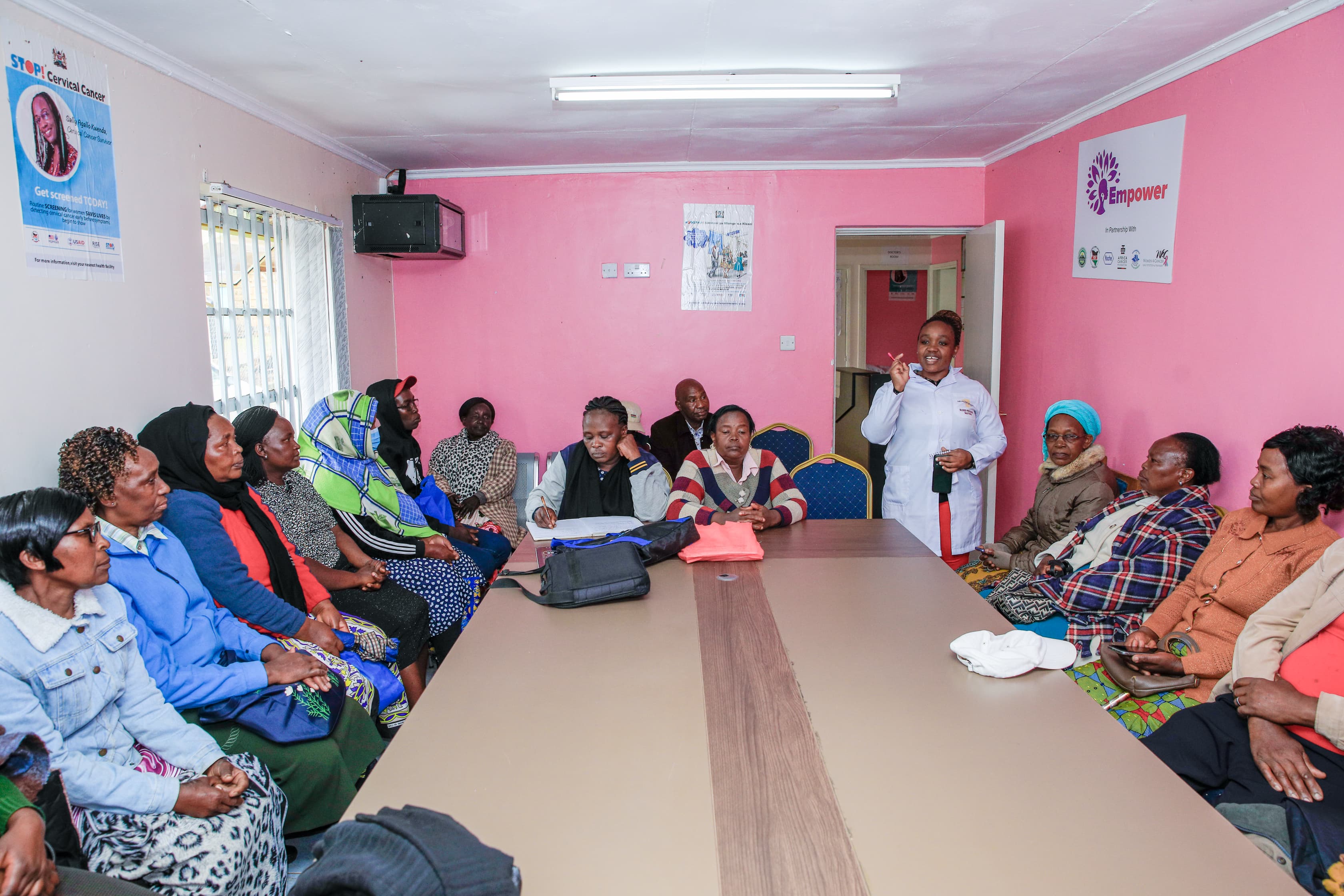
-1758116028.jpeg)



